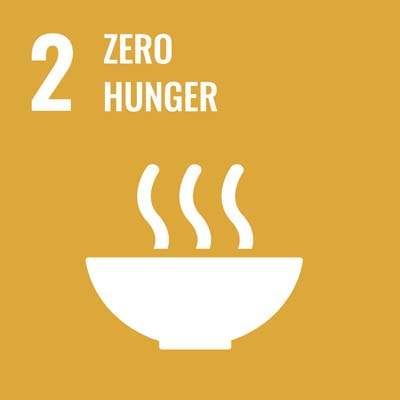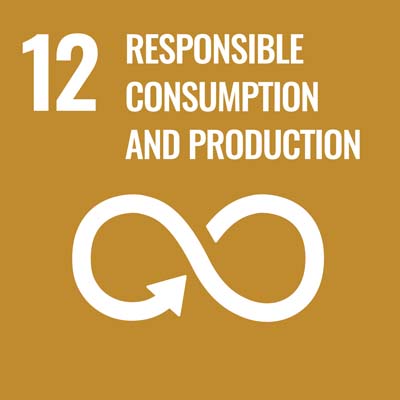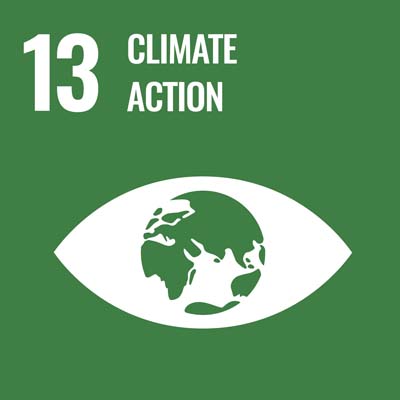- Dates27 September 2021 to 30 September 2025
- SponsorFoodBioSystems Doctoral Training Partnership and Samworth Brothers
- PartnersAberystwyth University and Samworth Brothers
This project has as primary supervisor Dr Jessica Adams at Aberystwyth University and it is co-supervised and supported by Dr Natalia Falagan at Cranfield University. Luke Barnett is the PhD student leading the study.
The increasing consumer concern about the impact of plastic pollution on the environment is neatly on trend. The government is promoting investment towards single-use plastic eradication and media attention is focused on alternatives to this material. We are also facing COVID-19, declared global pandemic in 2020. This and other virus can survive on plastic packaging materials, and be transmitted to the consumer. Key sectors within the food supply chain rely on plastic packaging to ensure the food safety and quality. For example, Samworth Brothers produce prepared food products (e.g. sandwiches, ready meals, snacks) across the branded and 'own label' market and are keen to offer their consumers a more environmentally responsible packaging solution that could not only replace plastic packaging but also have further antibacterial and antiviral benefits.
We hypothesise that fully compostable non-plastic films can be produced containing extracts from seaweeds with antibacterial and antiviral properties, minimising the risk of disease transmission through food contact materials; maintaining quality and safety of food products; and reducing the environmental impact of current packaging solutions.
Associated academics
- Luke Barnett
- Natalia Falagan
- Jessica Adams - Aberystwyth University


